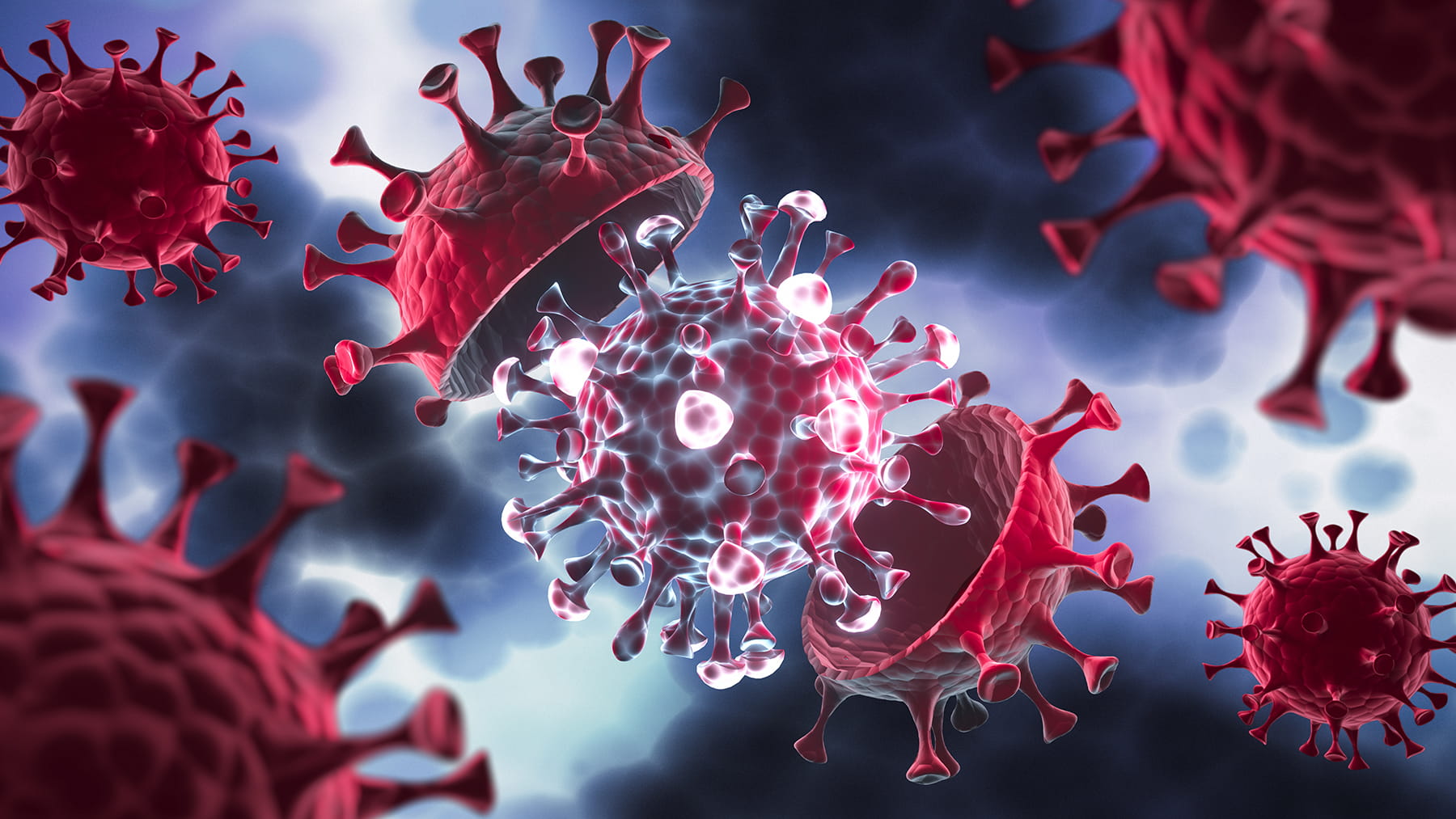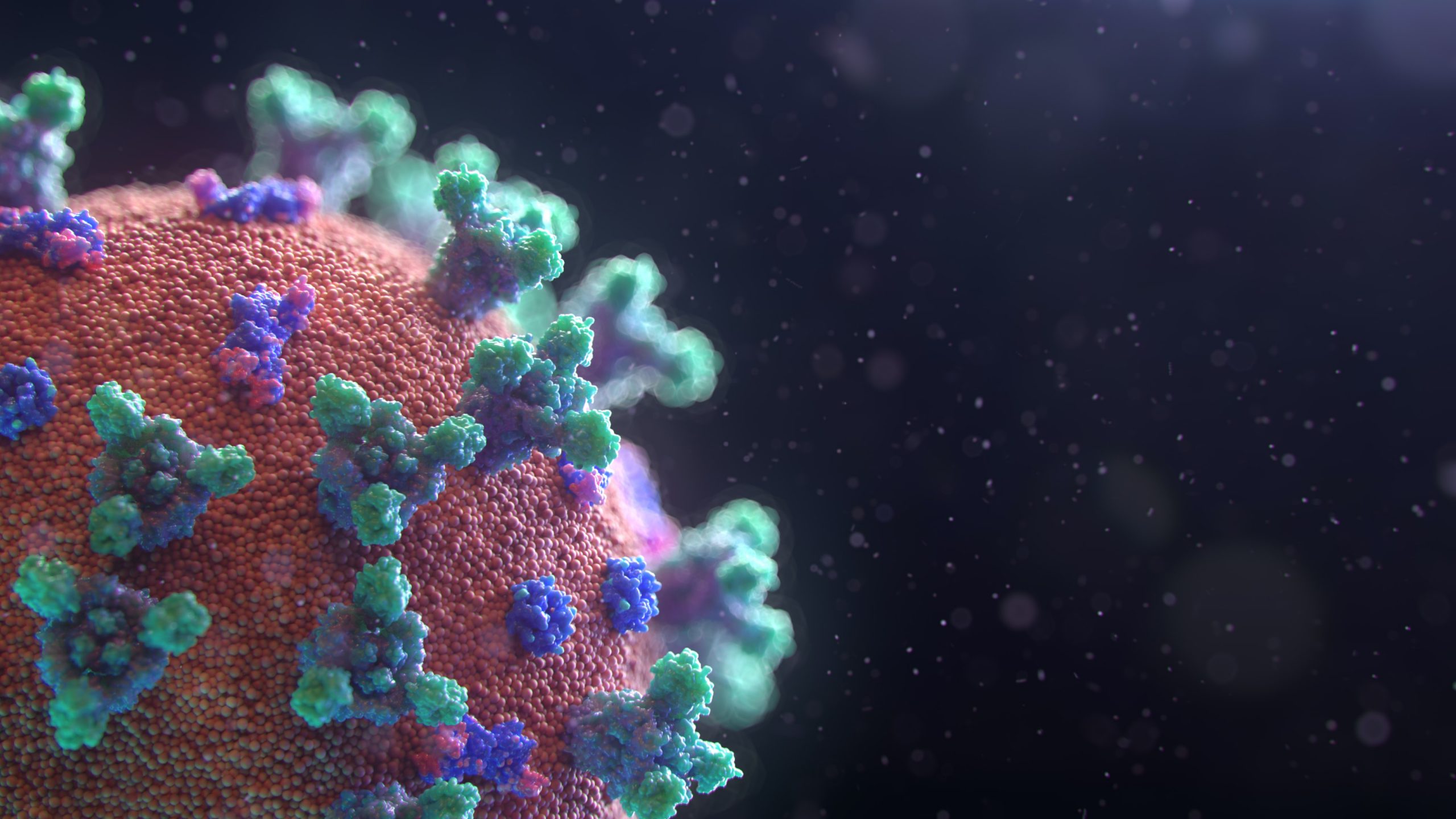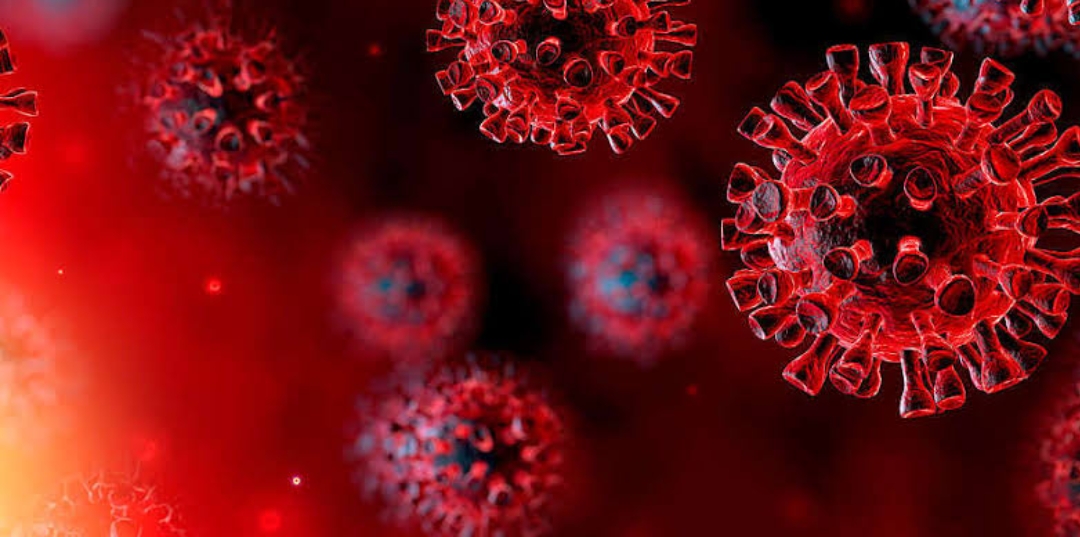
Health Care After COVID: How the new healthcare will look like?
A few goals have been fulfilled by the COVID-19 pandemic. First and foremost, COVID-19 has illuminated our frontline health care workers’ unimaginable courage and heroism, for which we are eternally grateful. Second, a renewed respect and gratitude for infection prevention and control practitioners, as well as physicians of infectious diseases, has been inspired. As health care providers, these experts are likely to be in high demand, ranging from acute-care hospitals to long-term care, negotiating a modern normal, and reevaluating their disinfection, sterile packaging, and hand hygiene procedure requirements. Finally, COVID-19 would have long-lasting and even irreversible impacts on the health care system as a whole: no more cramped waiting rooms for the doctor’s office, an increased focus and dependency on telemedicine, and perhaps, to name a few, a shift in the way we absorb scientific literature. We will enter a new world where Healthcare after COVID will be innovative, technologically advanced, and hopefully better.
How will Healthcare After COVID look?
Many healthcare services will be uncoupled from their facility-based operations using technology and next-generation logistics. Artificial intelligence, point-of-care diagnostics, and wearable biometric tracking: more than any other, these three main innovations can help accelerate a framework for decentralized care delivery. Paramedics, tied to doctors in centralized medical command centers, will receive increased training to deliver rapid care to patients wherever they are, in order to bring care to patients when and where they need it. With a decentralized healthcare delivery chassis in place, clinical trials will be performed in the homes of patients, allowing access to advanced experimental therapies to be democratized.
Large hospitals will give way to health campuses, bearing the brands of hospitals, which provide complex care, assisted living, employee housing, health clubs, restaurants, and retail with an integrated community experience. Hospitals that do not become health campuses, with a smaller size, restricted to intensive care and complex surgery, can become complex care sites. As is the case today in our new industrialized healthcare delivery model, there will be very few patient hand-offs and transfers. People with cancer will be diagnosed sooner and have tailored treatments, assisted by a care quarterback and supporting instruments for them and their families, to be provided at home.
In our facility-based healthcare system, the COVID-19 experience has unmasked serious shortcomings and inflexibility. This crisis has provided a remarkable opportunity for healthcare delivery system to be thoroughly reimagined and transformed, co-created with hospitals, and focused on a modern, more decentralized model, assisted by technology and advanced logistics. As the tailwinds of increased prices, consumerism, and technology drive us to a new future, this transition has already started and will intensify and reach a tipping point.


















